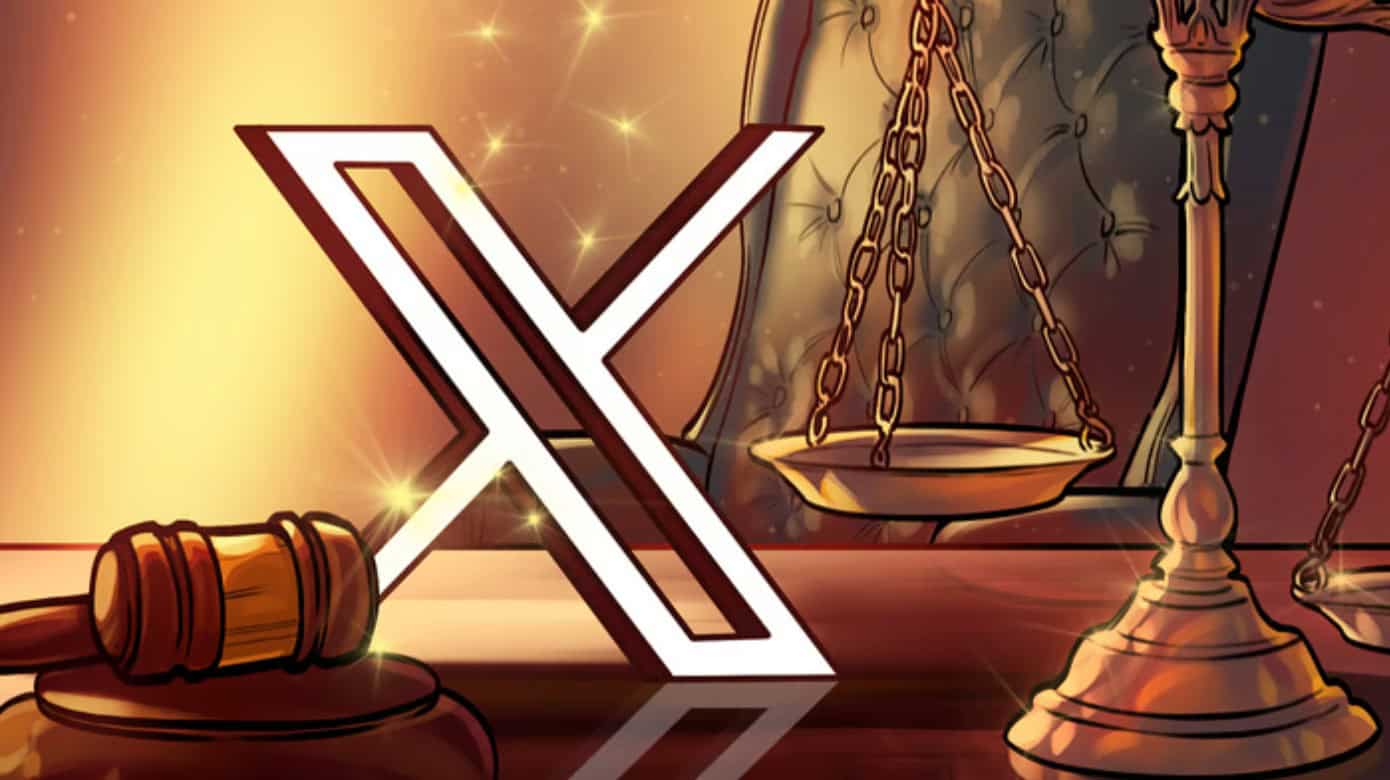
Brazilian authorities could soon lift the ban on Elon Musk’s social media platform X after the company paid 28.6 million Brazilian reais (approximately $5.5 million) in fines.
According to local media reports, on Oct. 7 X cleared the latest requirement on its path to returning online. In late August, Brazil’s Supreme Federal Court suspended X for failing to comply with orders related to an investigation into the spread of misinformation in the country.
The final payment was confirmed after a series of unusual events. On Oct. 4, the funds related to the penalties imposed by Justice Alexandre de Moraes for irregularities on the social network were mistakenly deposited into the wrong bank account. Last Monday, the proceeds paid by Musk’s satellite company, Starlink, were transferred to the correct account.
The amount included the original fine for X’s lack of cooperation in court investigations and an additional 10 million Brazilian reais (about $1.9 million) for not complying with the suspension after a shift to Cloudflare’s servers unintentionally allowed some users to access the platform in September.
In the previous days, X also appointed a new legal representative in the country, as required by local regulations, and blocked the accounts of users accused of spreading fake news and misinformation about Brazil’s electoral processes and justice system.
The platform’s return to users in the country now rests with Brazil’s Attorney General, who will recommend whether or not the suspension of X in Brazil should be lifted. If X return is approved, Justice Moraes will once again review the case and issue his decision.
Justice Moraes has been investigating X since 2023 for allegedly promoting and enabling the spread of misinformation in Brazil. Musk is also under investigation for charges including obstruction of justice, involvement in a criminal organization, and incitement to crime.
The billionaire has publicly criticized Moraes’ actions, labeling them politically motivated censorship. He has accused the judge of behaving like a “dictator” by targeting political opponents through what he claims are unlawful demands for content moderation.a
